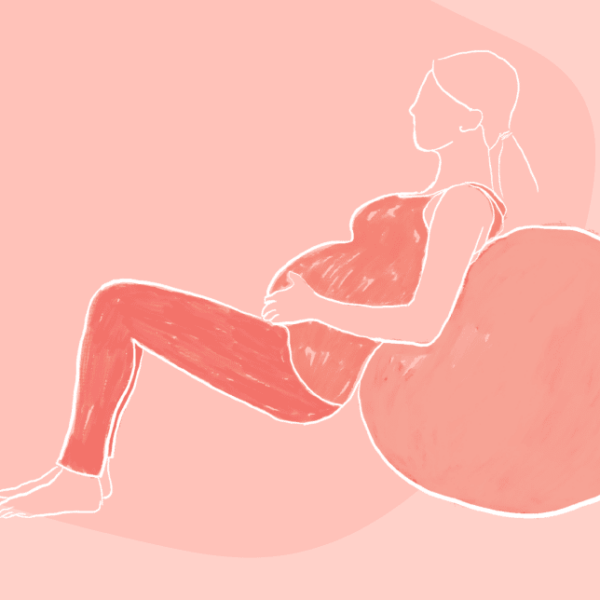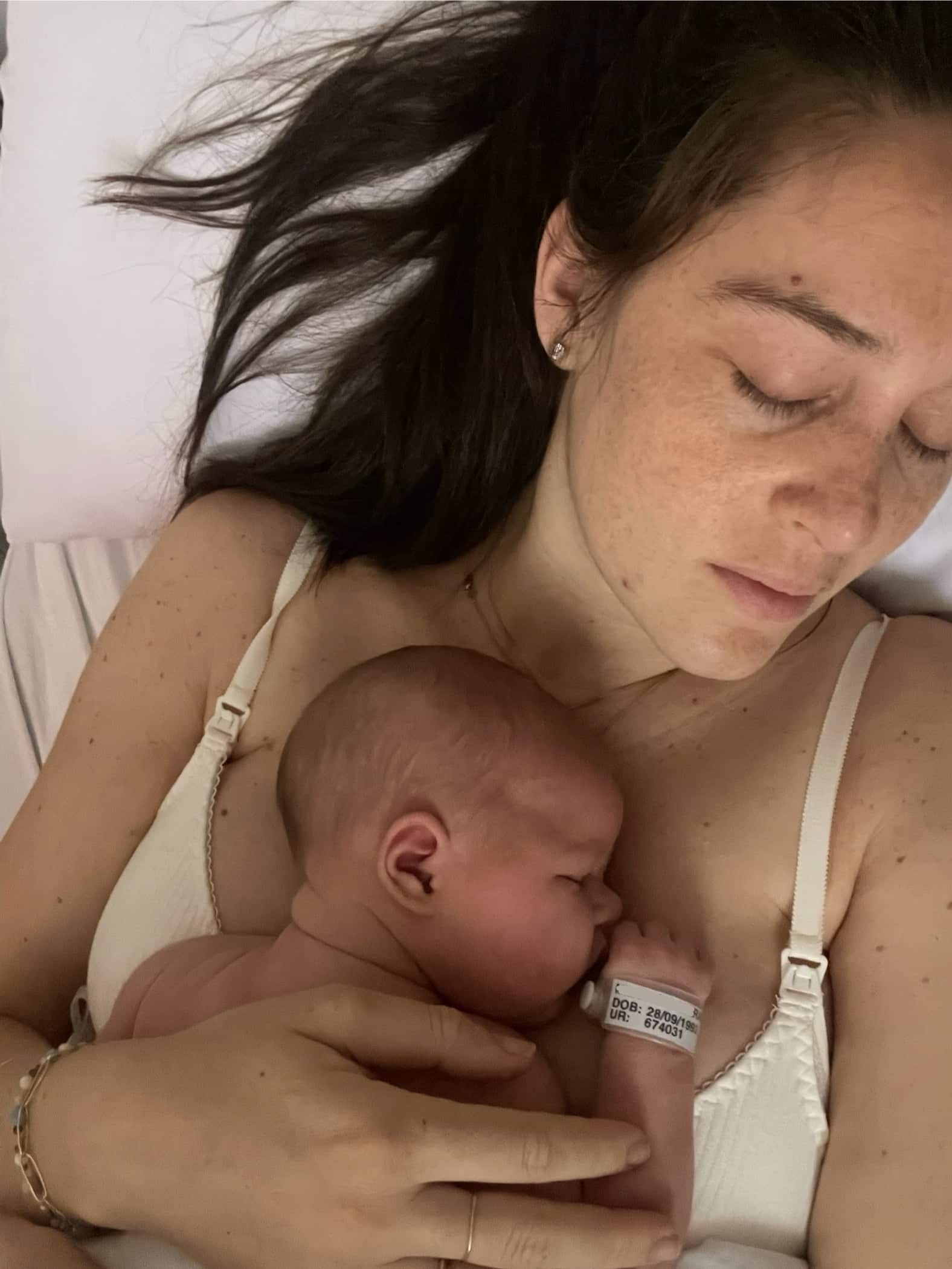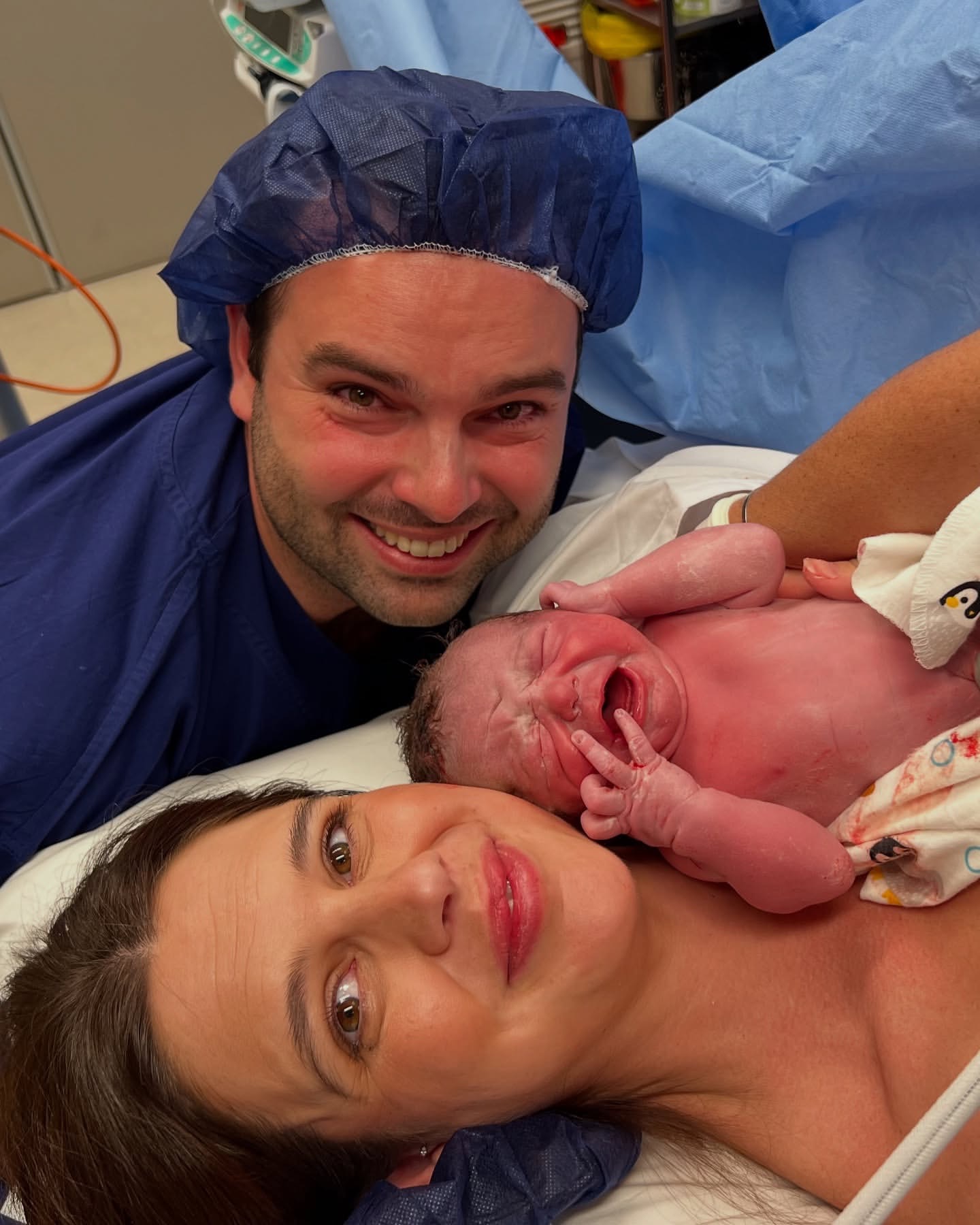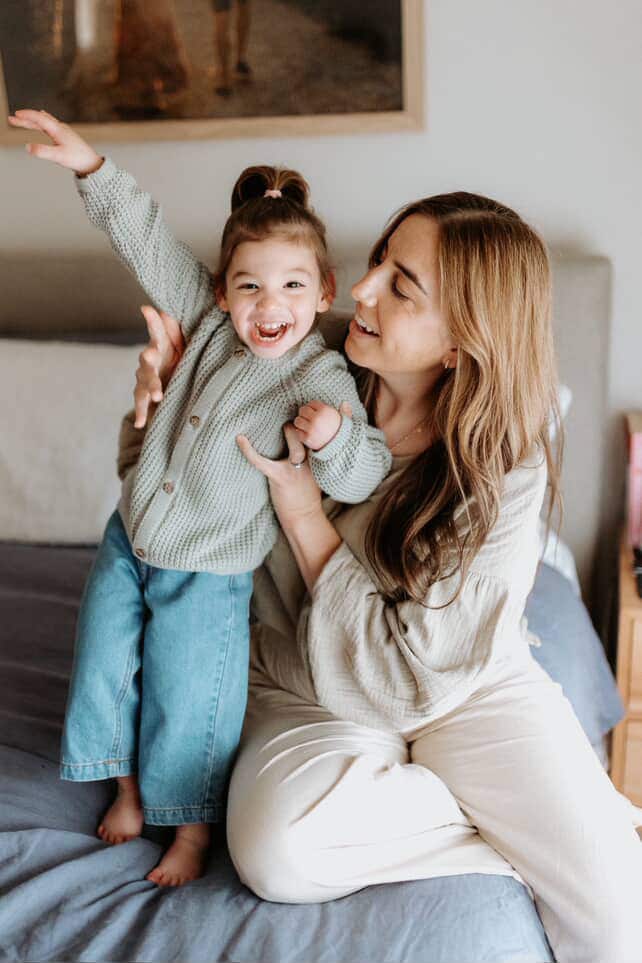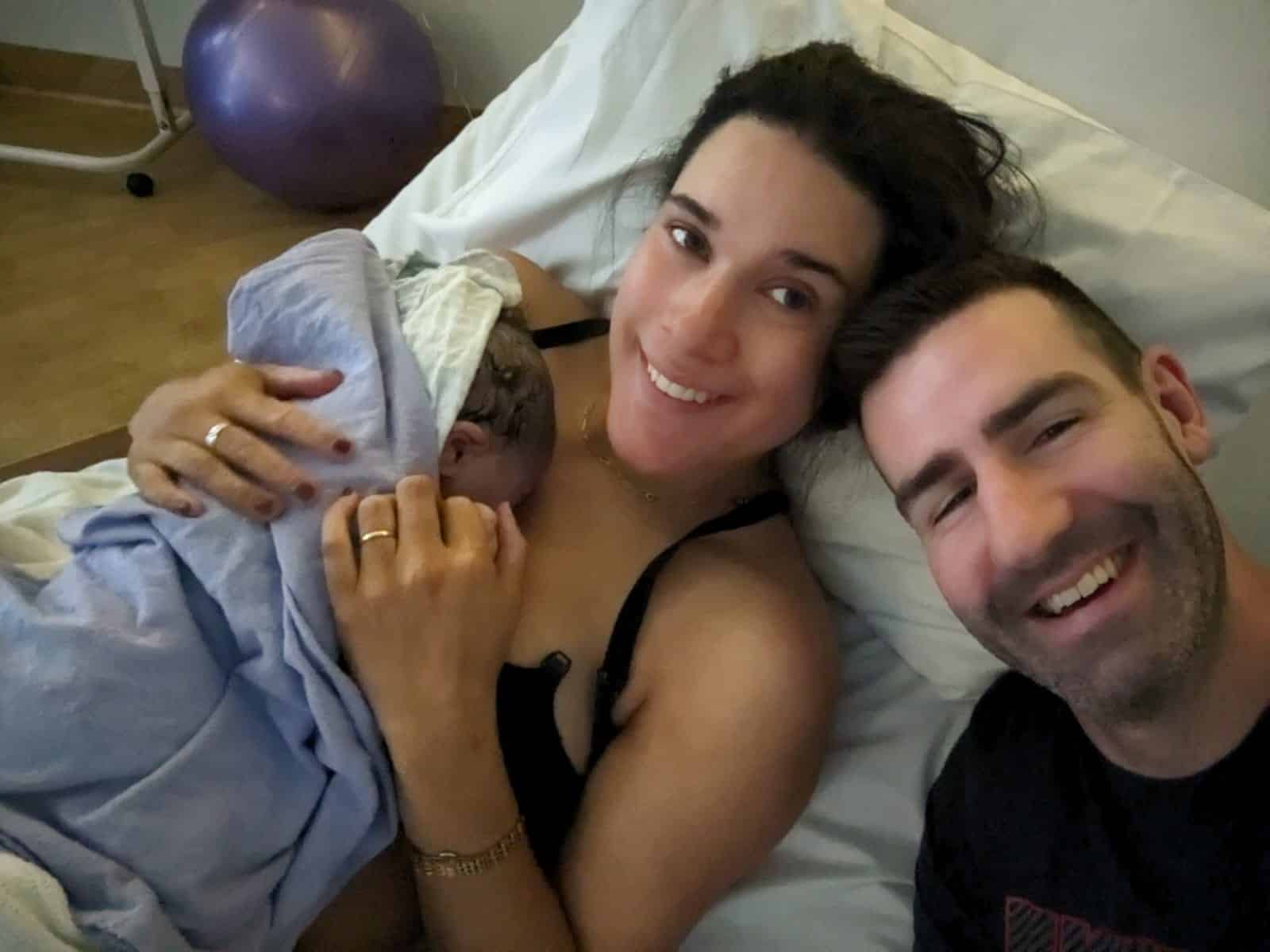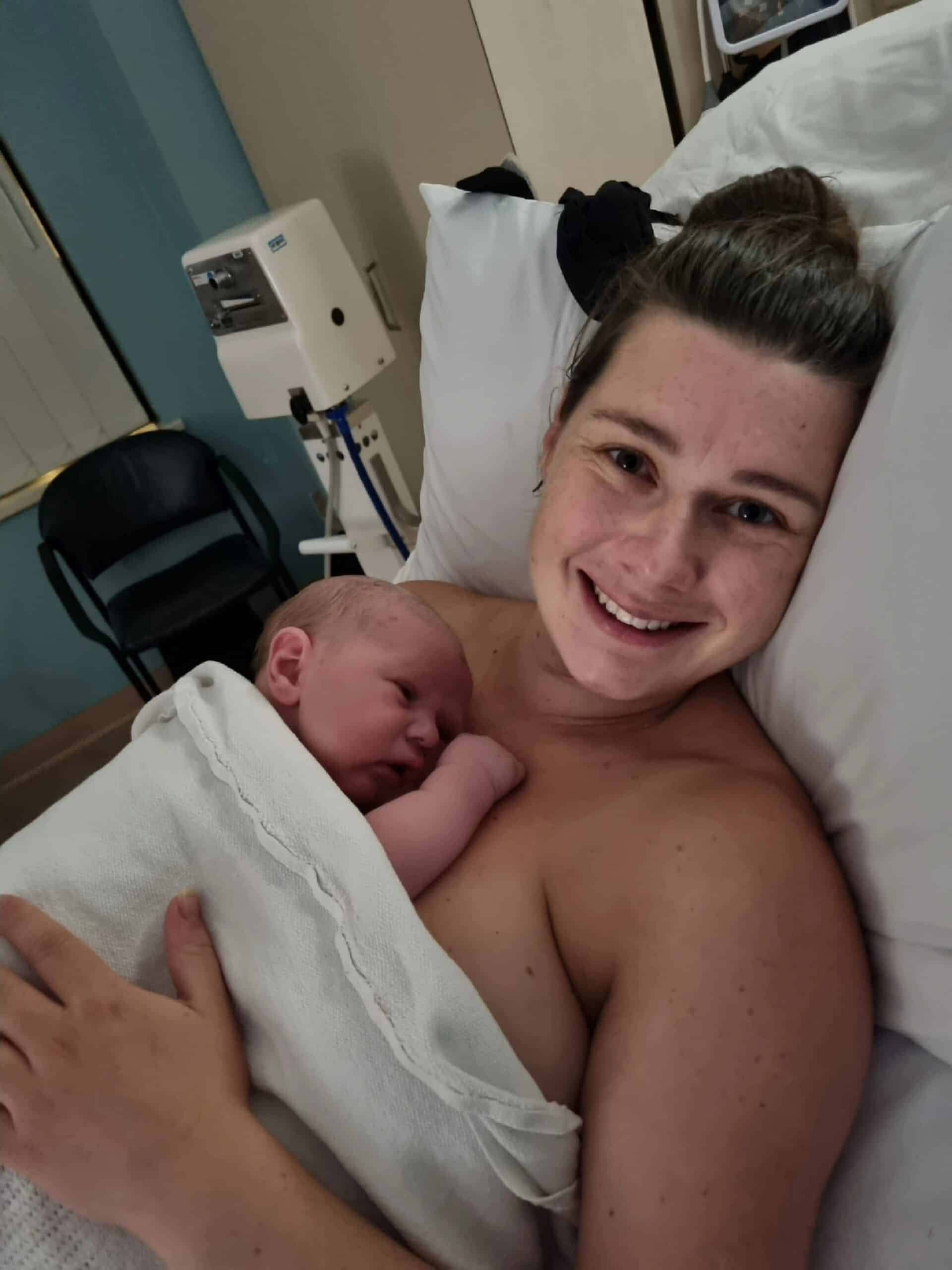Podcasts Hilary
EPISODE 267
Hilary
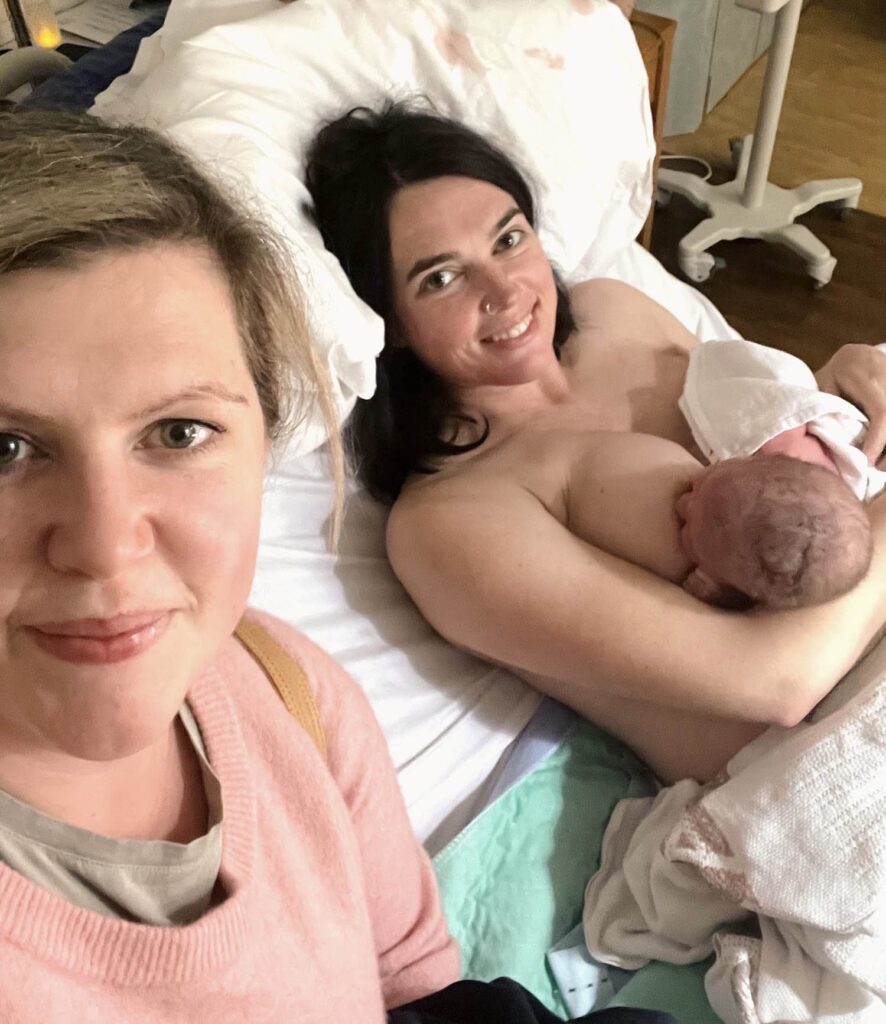
In Hilary’s first birth she went through the group midwifery program at the Royal Women’s in Melbourne. She’s tested positive to Group B Strep so when her waters broke the night before her due date, she presented to hospital and was induced soon after. Her labour was intense; there were little to no breaks between contractions and despite the relatively straightforward labour and birth, she felt overwhelmed by the intensity of her experience.
Sonny was two-and-a-half when Hilary decided she wanted to start trying for another baby but her husband, Ben, was happy to wait a while longer. Once Ben was convinced, they surprisingly fell pregnant on their first try but sadly miscarried at 10 weeks.
“I started bleeding at 10 weeks but the pregnancy had stopped at around six weeks. I went to the emergency at the Mercy hospital and I had to wait near the entrance of the birth centre. I was sitting there with heavily pregnant people and I remember thinking: this is such a dumb arrangement, can’t they have a couple of chairs around the corner for people who are miscarrying. It was also a long wait; I had to have a blood test to check my levels and then have an ultrasound once the blood results were back. It was about four hours all up, going to and from the toilets to change pads. It was a very anxious wait and in retrospect I should have probably just gone home.”
Hilary was 40 when she had the miscarriage but she never expected it to take over two years to conceive Rhoda. After a year of trying and failing to conceive, she made an appointment with a fertility clinic. Tests showed that her egg reserve was good for her age but they still recommended IVF as there were no apparent reasons why she wasn’t conceiving.
“Two years may not be very long for a lot of people but for me it felt like forever. I was happy for people who were having their first babies but I felt very jealous and I did become quite dark when friends announced their second pregnancies. I was really keen to do IVF because I felt like I was running out of time but Ben took a lot of convincing. During lockdown in 2020 I made an appointment with Dr Lyn Burmeister, a highly regarded fertility specialist. We wanted to do the bulk billing IVF (it’s $1500 for the first round as opposed to $8000) but there was a six month waiting list and I just didn’t feel like I had that time.
“In the meantime my friend Jasmine, who lives in London, was having trouble conceiving too and she came across the Sperm Meets Egg Plan (SMEP) method of conceiving which is very specific timed ovulation. In a nutshell, from the last day of your period, you have sex the next day after that and then every second day. You then do an ovulation test and once you get the green light, you have sex every day for three days and then you have a day off and then you have sex again. It’s very specific and it worked for us on our first attempt.
“I couldn’t really enjoy those first few weeks and I felt very nervous at the dating scan and the 12 scans. It took quite a while to relax into the pregnancy but I got there in the end. I booked into the Mercy Hospital’s Birth Centre and I started seeing my midwife, Rose in my second trimester. She looked after me throughout my pregnancy and she was at my birth, too.
“I was keen to give birth at the hospital; I’ve photographed lots of home births and I hated the idea of transferring during or after birth. My age wasn’t a concern throughout my pregnancy but it did become a topic of discussion when I went past my due date and especially when I was nearing 42weeks. I went into hospital every few days for CTG monitoring and I had a few ultrasounds to check the levels of amniotic fluid. I made a conscious choice to decline the GBS test because I was keen to avoid induction if I could. Once I was 40+10 there was a lot of pressure to induce sooner rather than later and I think that was largely dictated by my age but also, I just don’t think they like people going past 41 weeks.
“I was a bit nervous and I just thought, I’m comfortable with 42 weeks and after that, I’m comfortable with an induction. I’d wake up each morning and be disappointed that I hadn’t gone into labour. I was desperate to have that first spontaneous pain, to be wondering if it was happening and then experience the slow build up of contractions. I really wanted to experience that and I had pictured it so much, labouring at home and then going to hospital. I wanted it so much but it just didn’t happen.
“I was booked to have my waters broken on Sunday morning and my midwife said she’d fight the obstetricians off for as long as possible and let me labour without syntocinon. We met Sophie at the front door and we got to the birth suite, the battery operated candles were on and we put music on and Rose broke my waters and they were clear, which was a relief. I started having period pain like cramps and I put the tens machine on and for a long time it felt like it was just the three of us. There was one point where it turned and all of a sudden it felt very intense and I wasn’t getting any breaks between contractions. It very quickly felt the same as Sonny’s labour which was induced and I felt quite overwhelmed by that but perhaps that’s just how I labour.
“I never experienced the urge to push, even when I was fully dilated. I just kept saying to myself: Once the head is out, I never have to do this again. But once her head was out, it was really hard to push her body out. All I could focus on was pushing her out which is when Sophie put her hand up to catch her. There wasn’t much joy and excitement; I was just relieved. It’s been a slow build up of love rather than straight away going, oh my god it was always you. I was in shock and physically relieved and now I’m just so smitten with her.”
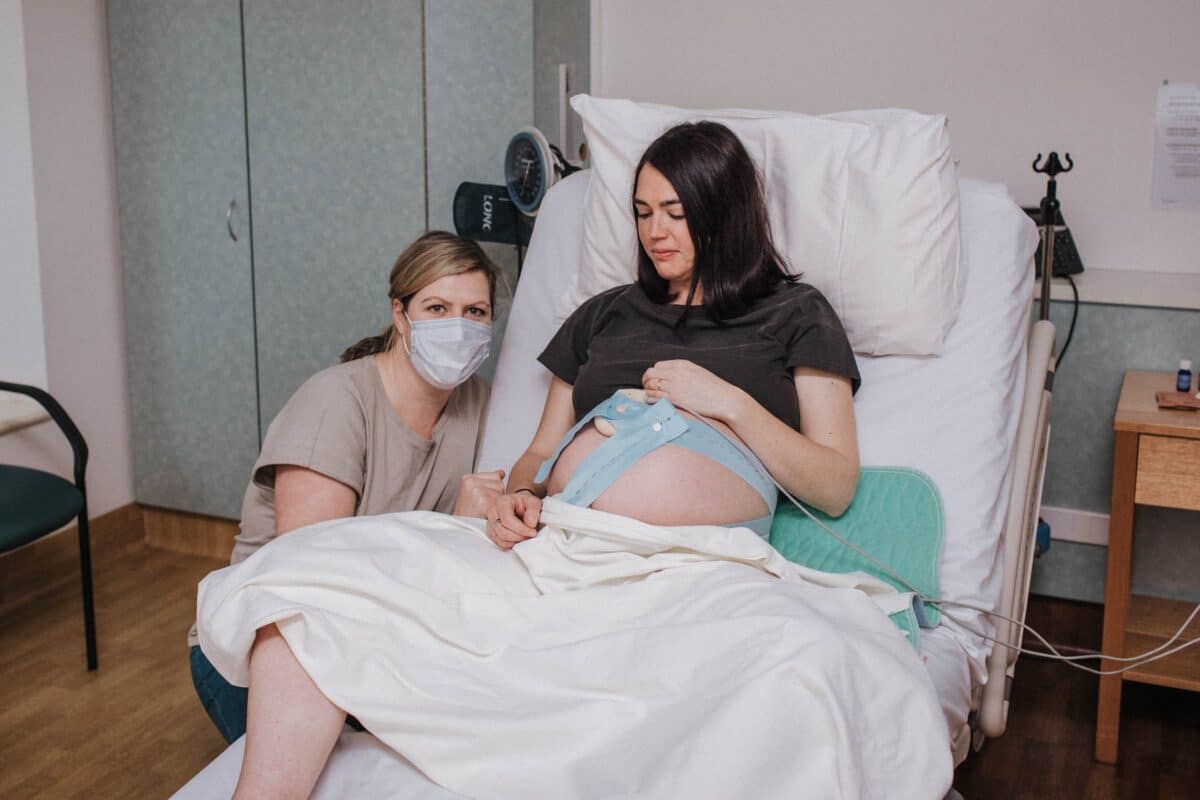
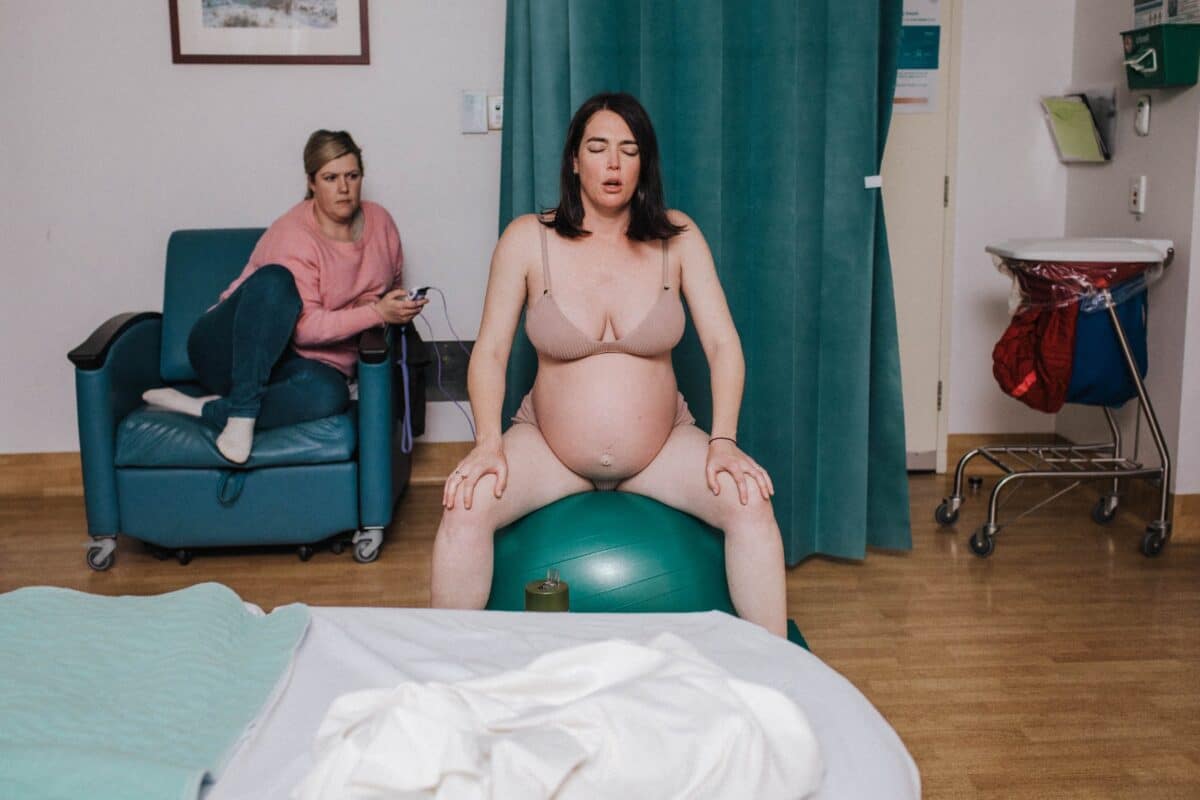
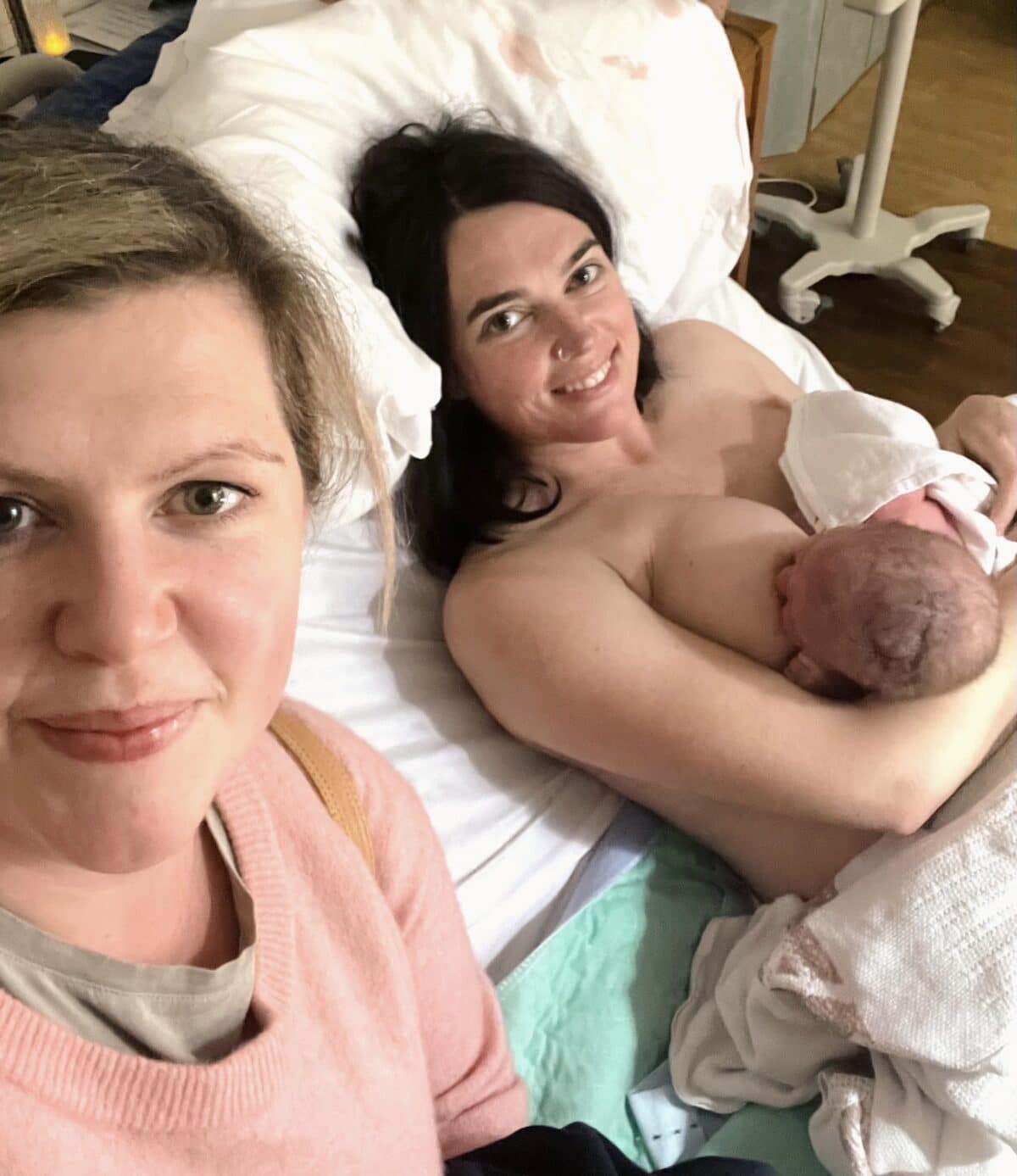

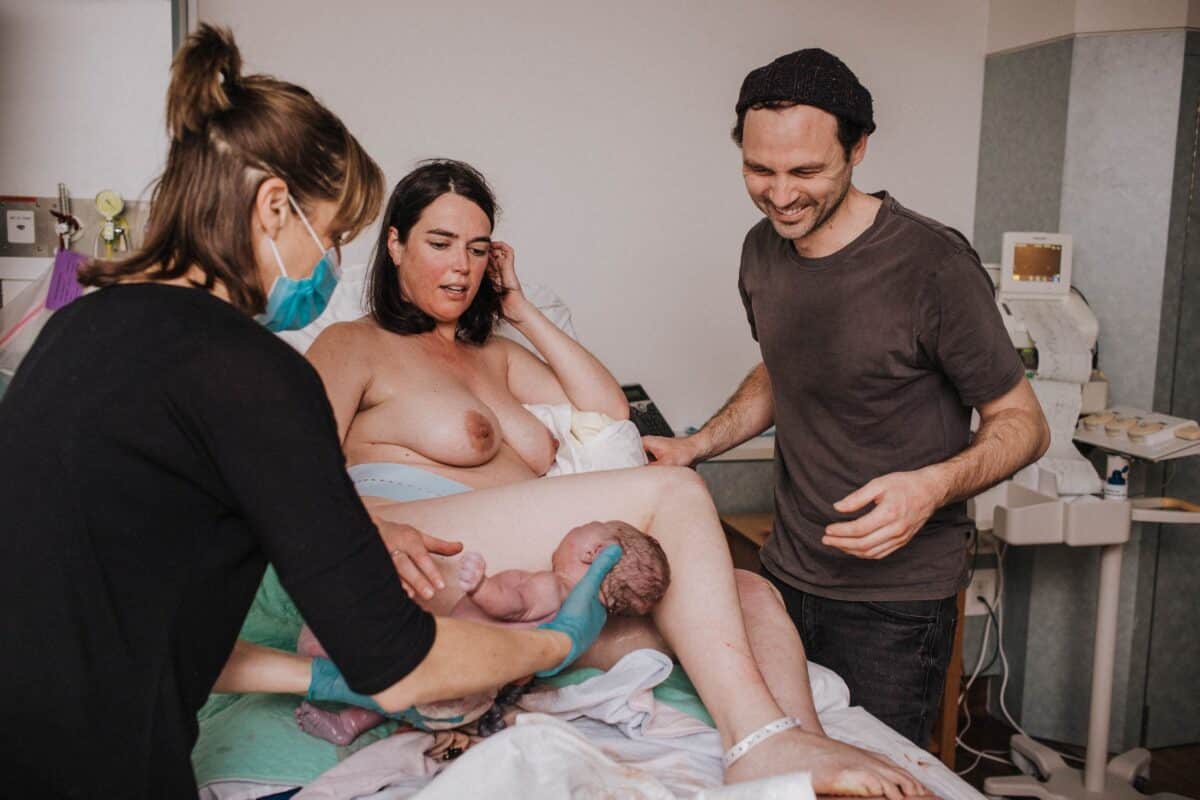
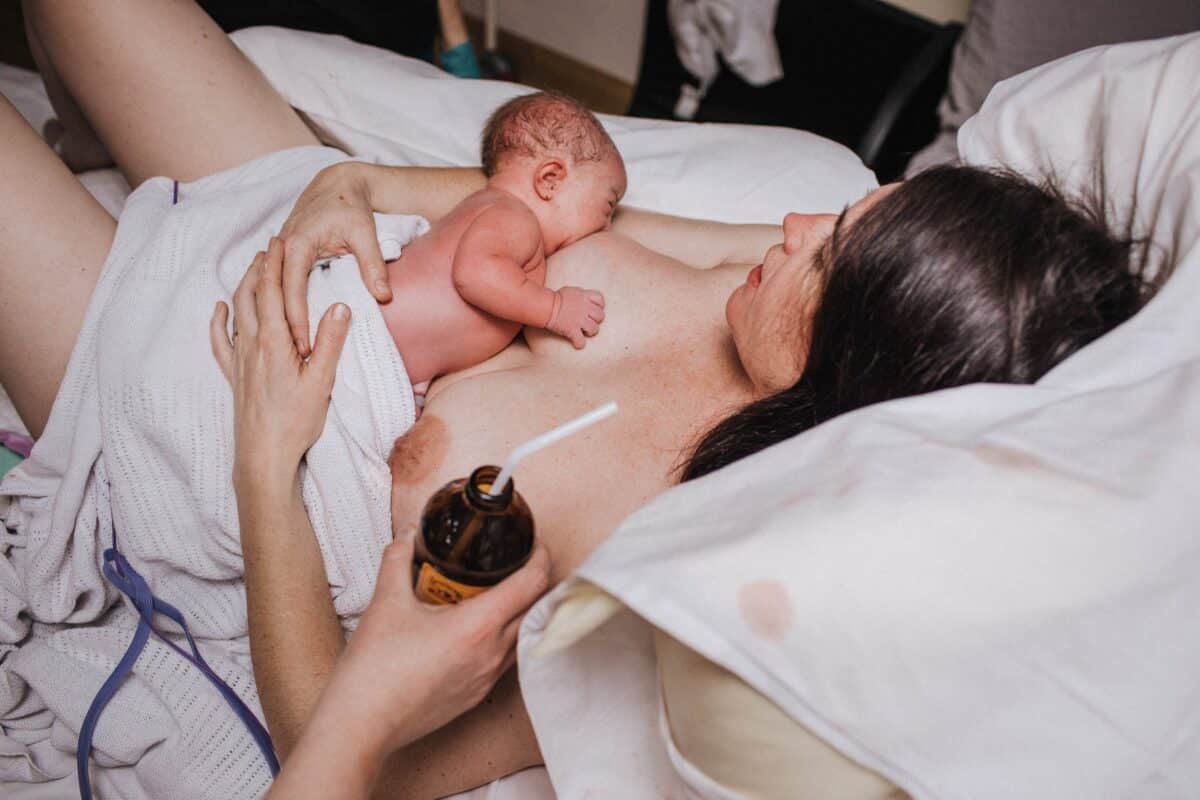
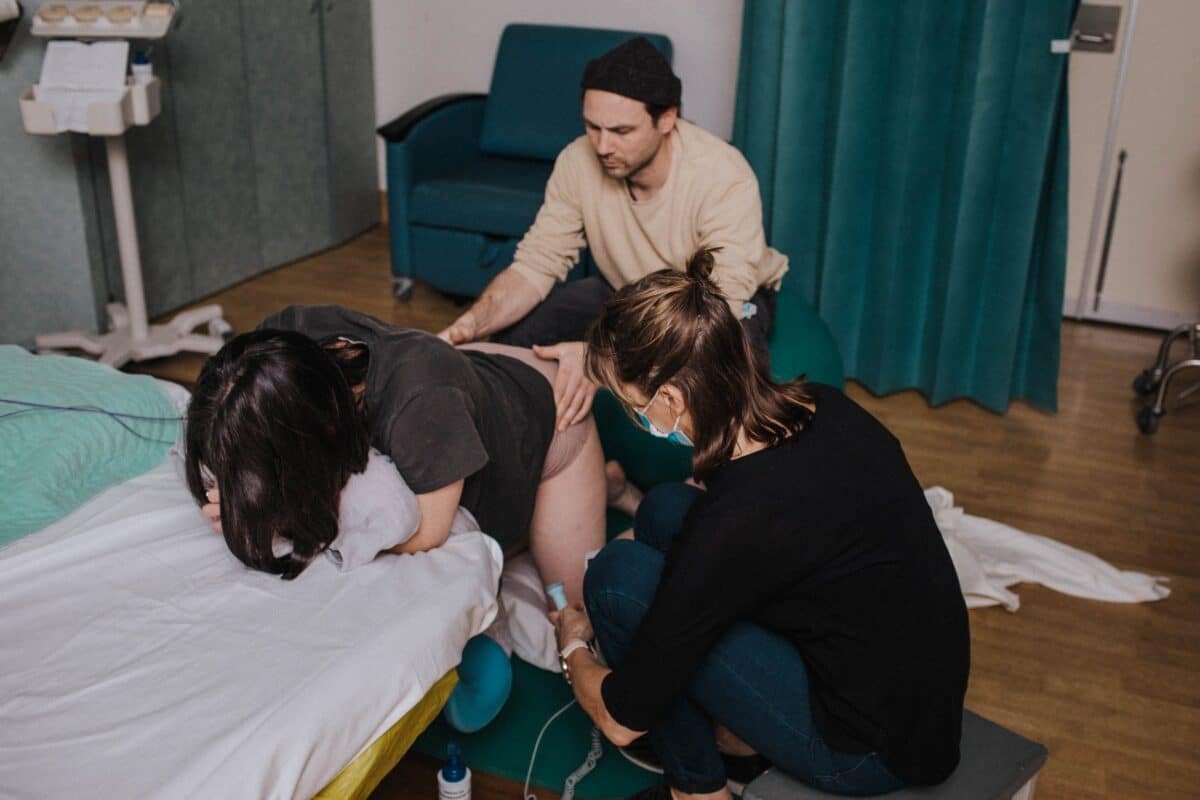
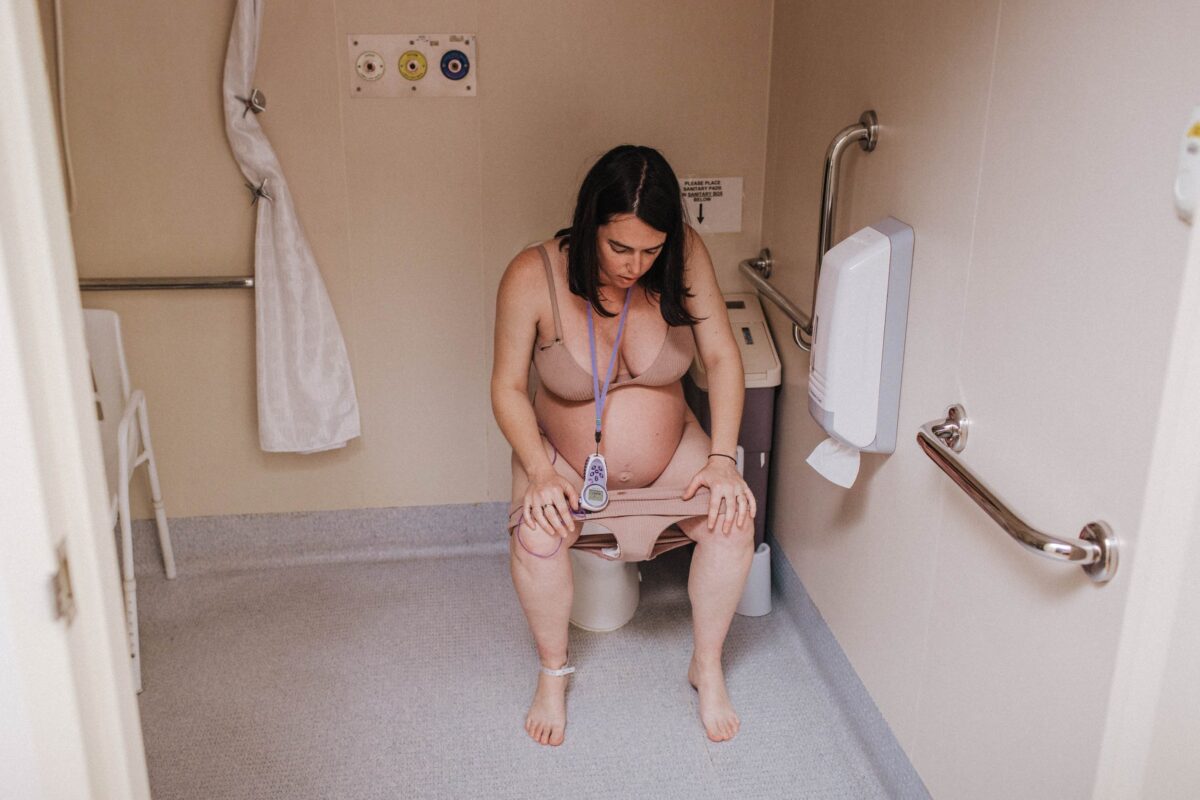
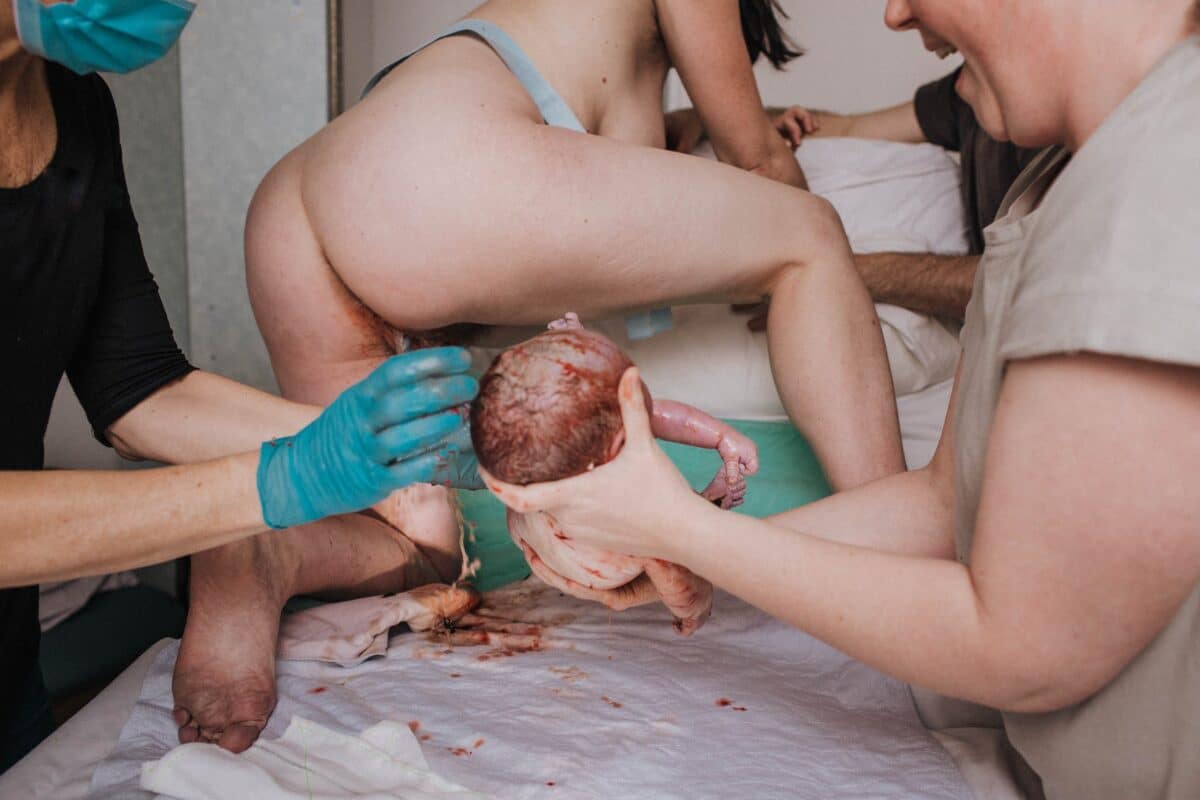
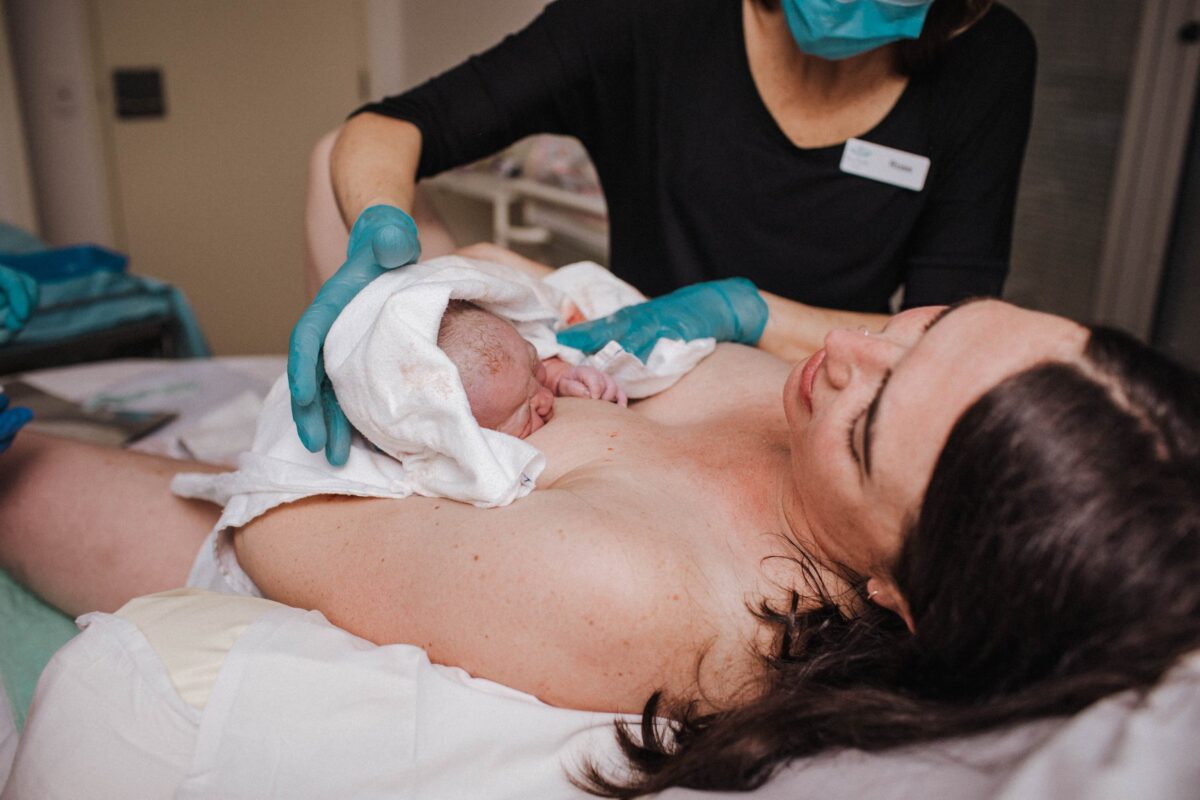
Topics Discussed
Advanced maternal age, Cervical lip, Induction, MGP, Missed miscarriage, Secondary infertility
Categories
Related Products
-
The Birth Class
105 reviews$249.00The empowering online childbirth education program that will help you confidently prepare for birth.
Join the conversation
Sign up to get the latest updates, freebies, podcast releases straight into your inbox
@AustralianBirthStories
Follow along with us
@AustralianBirthStories
Follow along with us
@AustralianBirthStories
Follow along with us
@AustralianBirthStories
Follow along with us
@AustralianBirthStories
Follow along with us
@AustralianBirthStories
Follow along with us
@AustralianBirthStories
Follow along with us
@AustralianBirthStories
Follow along with us
@AustralianBirthStories
Follow along with us
@AustralianBirthStories
Follow along with us
@AustralianBirthStories
Follow along with us
@AustralianBirthStories
Follow along with us
